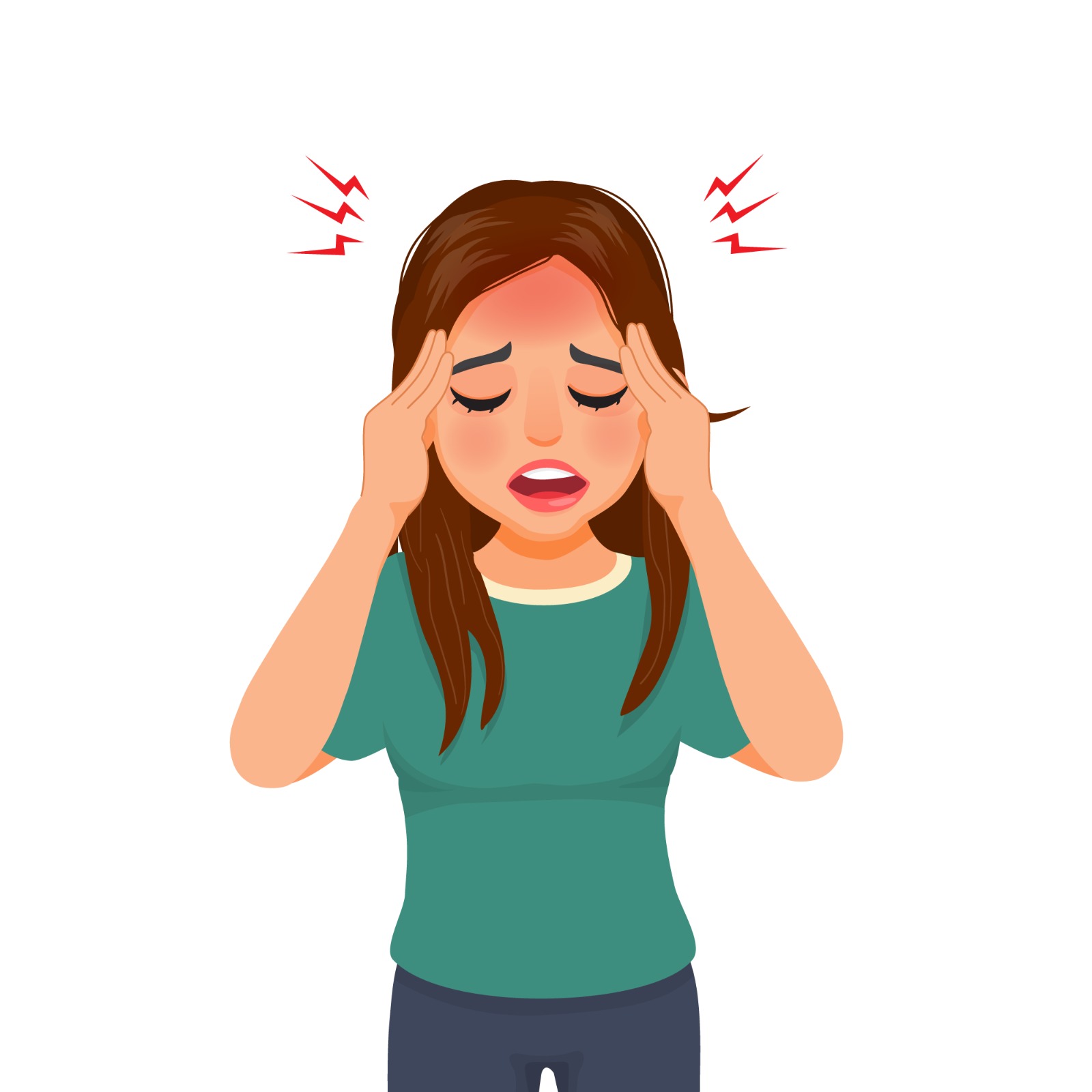Lifestyle Changes & Habits reduce the risk of Recurring Headaches
While headaches are a common occurrence, they can significantly impact one’s quality of life and productivity. Fortunately, many headaches can be prevented or minimized through lifestyle changes and healthy habits. In this blog post, we’ll explore effective headache prevention strategies and improving overall well-being.
Maintaining consistent sleep schedule:
- Establish a regular sleep routine by going to bed and waking up at the same time every day, even on weekends.
- Aim for 6 – 8 hours of quality sleep each night to support overall health and reduce the risk of sleep-related headaches.
Managing stress and anxiety:
- Practice stress-reduction techniques such as deep breathing exercises, meditation, yoga, or progressive muscle relaxation to help alleviate tension and promote relaxation.
Staying Hydrated
- Drink plenty of water throughout the day to stay hydrated, as dehydration can contribute to headache development.
Eating a balanced diet
- Maintain a healthy, well-balanced diet rich in fruits, vegetables, whole grains, lean, proteins, and healthy fats.
- Avoid skipping meals, as irregular eating patterns and low blood sugar levels can trigger headaches in susceptible individuals.
Limiting Caffeine and Alcohol intake
- Monitor caffeine and alcohol consumption, as excessive intake of these substances can trigger headaches or exacerbate existing headache conditions.
Practice good practice
- Maintain proper posture while sitting, standing, and engaging in activities to prevent muscle tension and strain in the neck and shoulders, which can contribute to tension headaches.
Limit screen time and digital device use
- Take regular breaks from digital screens to reduce eye strain and prevent headaches associated with prolonged screen time.
- Follow the 20- 20-20 rule: Every 20 minutes, take a 20-second break and look at something 20 feet away to give eyes a rest.
Incorporating these lifestyle changes and habits into your daily routine can help reduce the risk of recurring headaches and improve your overall quality of life. If you continue to experience frequent or severe headaches despite implementing these strategies, consult with a healthcare professional for further evaluation and personalized treatment recommendations.

